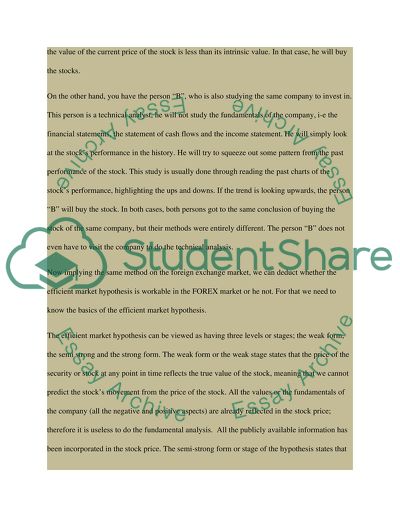Cite this document
(“Does the efficient market theory apply on the FOREX market Essay”, n.d.)
Retrieved from https://studentshare.org/marketing/1405175-does-the-efficient-market-theory-apply-on-the-forex-market
Retrieved from https://studentshare.org/marketing/1405175-does-the-efficient-market-theory-apply-on-the-forex-market
(Does the Efficient Market Theory Apply on the FOREX Market Essay)
https://studentshare.org/marketing/1405175-does-the-efficient-market-theory-apply-on-the-forex-market.
https://studentshare.org/marketing/1405175-does-the-efficient-market-theory-apply-on-the-forex-market.
“Does the Efficient Market Theory Apply on the FOREX Market Essay”, n.d. https://studentshare.org/marketing/1405175-does-the-efficient-market-theory-apply-on-the-forex-market.


